
Question and Answers Forum
AllQuestion and Answers: Page 561



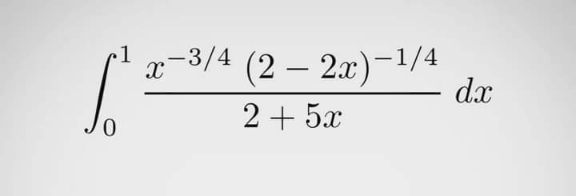
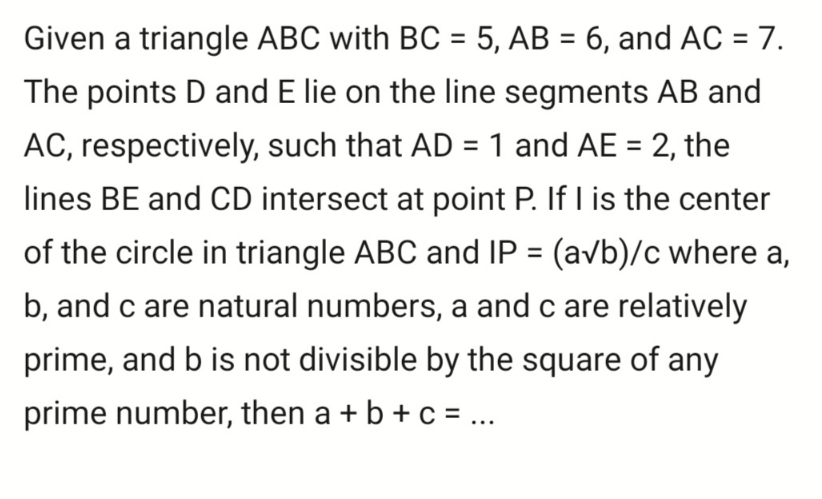

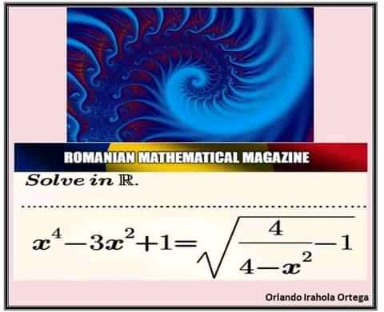


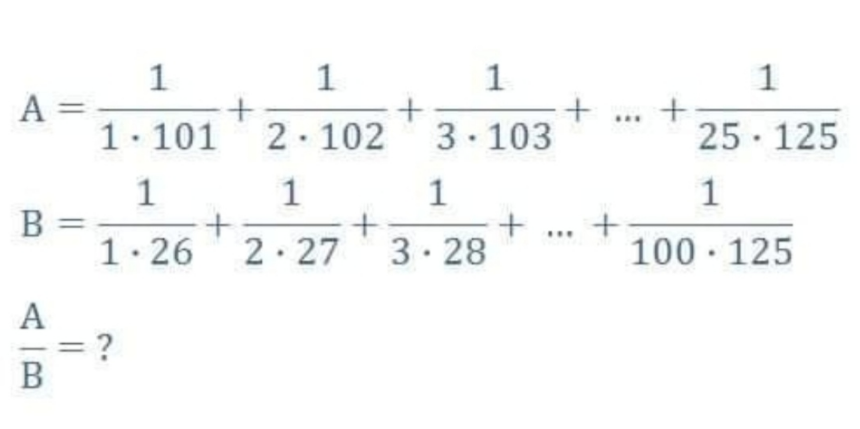
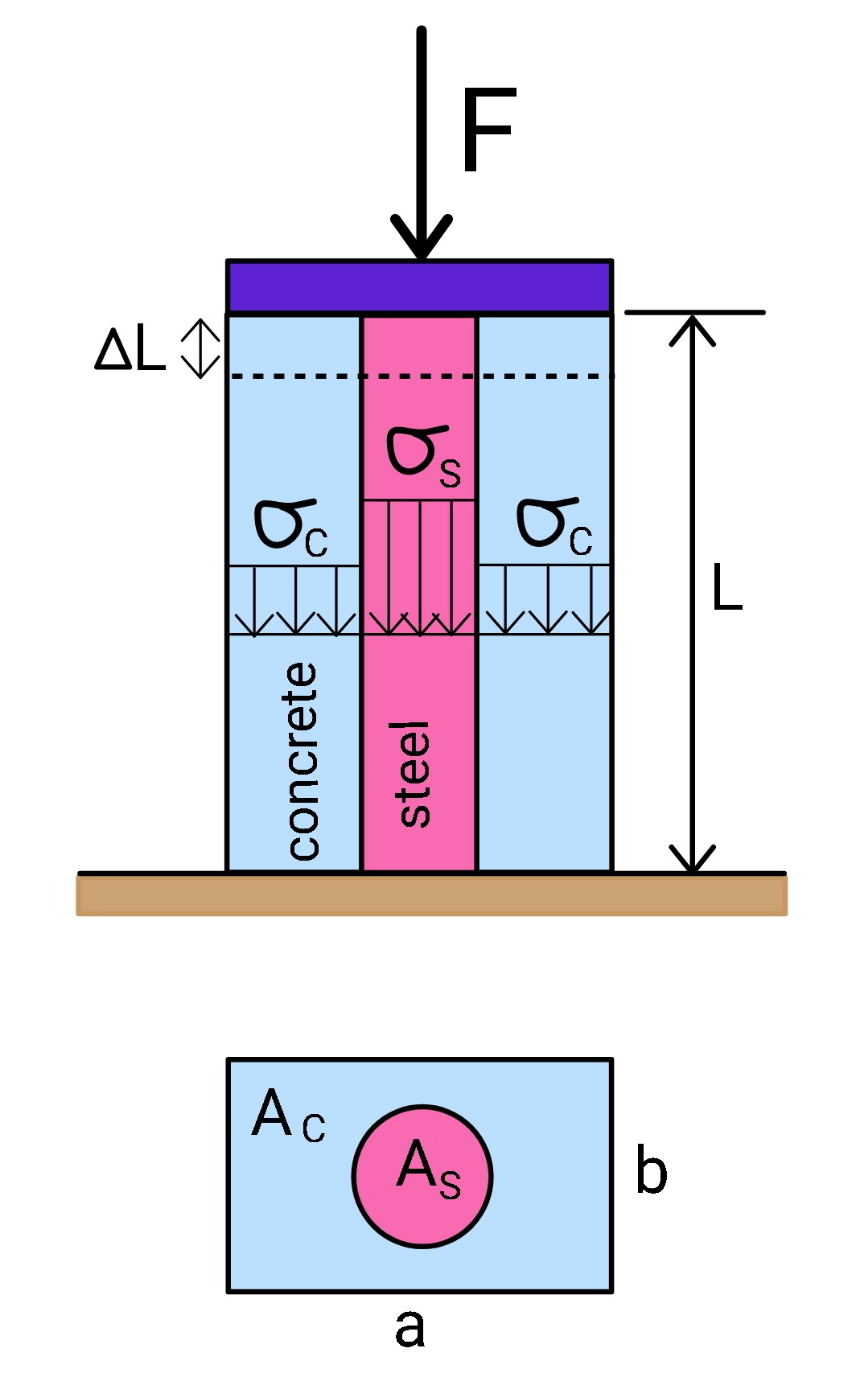

Pg 556 Pg 557 Pg 558 Pg 559 Pg 560 Pg 561 Pg 562 Pg 563 Pg 564 Pg 565
|
Question and Answers Forum |
AllQuestion and Answers: Page 561 |
| Solve for integers: x∙(x + 4) = 5∙(3^y - 1) |
| find the last four digits of 11^(15999) ? |

|
| find the indicated higher order derivative of the following function f(x) = (x^3 +4x−5)^4 , f(x)^(iv) |

|
| (((√2) a_n )/a_(n+1) )=(√(2+(a_n )^2 )) a_1 =(1/2) ⇒ a_(43) =? |
| Calculate: (√(√(144 + (√6)))) = ? |

|
| express 5.13^• 4^• 5^• into fraction |
| Find x∈R: x^3 −2x+3=(√(2x+5))+4(√(x−1)) |

|

|
| calculate : Ω := Σ_(n=0) ^∞ (( 1)/((4n+1)^( 3) )) = ? |

|
| lim_(x→0) ((x tan (tan x)−(tan x)^2 )/x^6 ) =? |

|

|

|
| look for a simpler boolean function in POS form of: a.f(r,s,t,u)=Π(4,5,6,9,10,12,14) b.g(w,x,y,z)=Σ(4,8,13,14) |
| from the partical differential equation by eliminating constants indicated in brackets from the following equation z=(x+a) (y+b);(a,b) |

|
| find fourier′s serie of f(x)=x−[x] |

|
| Can you proof this intresting identity? ln x = (x−1)Π_(n=1) ^∞ ((2/(1+(x)^(1/2^n ) ))) |

|
Pg 556 Pg 557 Pg 558 Pg 559 Pg 560 Pg 561 Pg 562 Pg 563 Pg 564 Pg 565 |